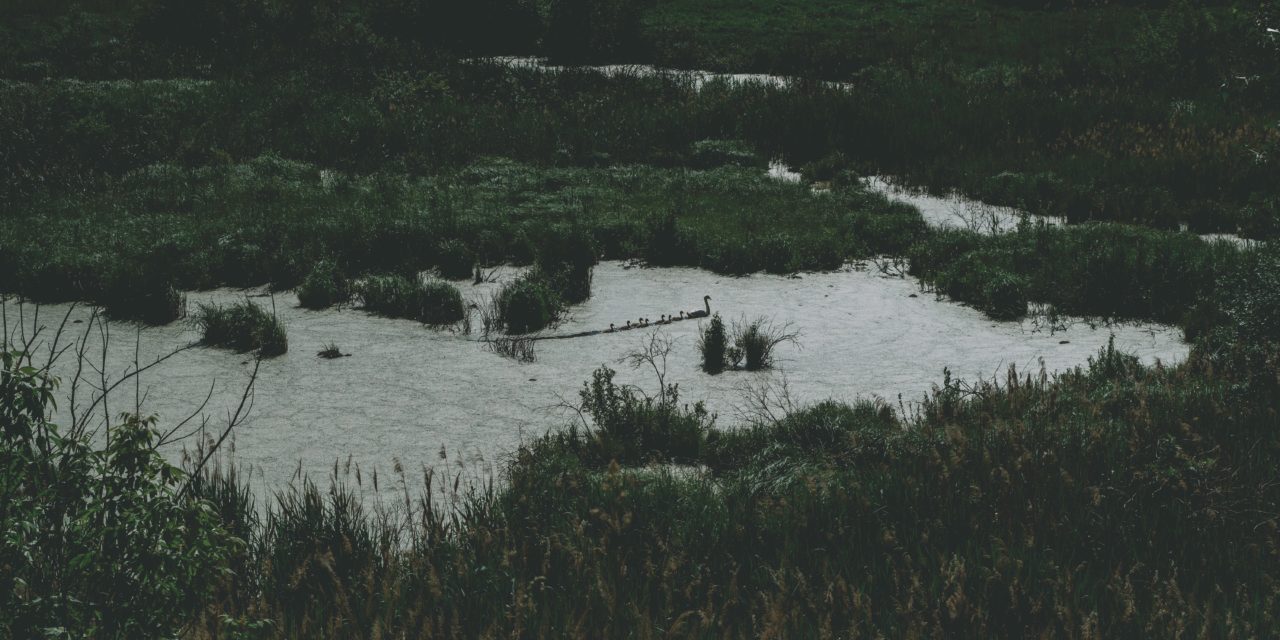Eastern England’s precious and ecologically sensitive wilderness areas have been swamped with raw sewage, according to a recent investigation by Greenpeace’s investigative unit, Unearthed.
The analysis revealed that nearly 1,200 sewage overflow pipes discharged within England and Wales’ most crucial wildlife habitats for over 300,000 hours in 2022.
All of these sites are meant to be officially protected under conservation rules.
The data indicated that both Anglian Water and Thames Water were among the major offenders, with 7,172 and 589 hours of sewage spills, respectively.
Unearthed mapped the water company data onto England and Wales’ Sites of Special Scientific Interest (SSSIs), Special Areas of Conservation (SACs), Special Protected Areas (SPAs), and Ramsar sites, which are wetlands of international importance.
The investigation aimed to identify every pipe that discharged within 50m of a protected nature site.
Examples of the affected areas in Eastern England include Rutland Water, a Ramsar, SSSI, and SPA site, which received a staggering 816 hours of sewage in 2022.
A total of 1,193 occurrences of raw sewage overflows were discharged within a 50-meter radius of the safeguarded region.
A total of 305,963 hours of raw sewage spilled in protected areas, with the impacts spread across 515 protected areas.
Among the worst-hit areas was the River Derwent and Bassenthwaite Lake, which received over 6,600 hours of sewage, and Chichester and Langstone Harbour, an SPA and Ramsar site, which endured more than 3,200 hours of sewage.
A university study even discovered over 50 chemicals and e.coli bacteria at 760 times the EU’s safe levels after sewage releases.
Additionally, sewage released into already threatened ecosystems with high nutrient levels from sewage and fertilizers, known as eutrophication, amounted to over 200,000 hours.
Unearthed’s investigation found that more than 38,000 hours of sewage were released into or within 50m of chalk streams in England during the same period.
Greenpeace’s political campaigner, Megan Corton Scott, emphasized the urgent need for action. She argued that private water companies have prioritized profits over protecting the environment, and merely shaming them into action has proven futile.
Instead, she urged for financial incentives and consequences tied to their performance, with dividends and bonuses dependent on actual results.
The devastation caused by sewage spills extends beyond officially protected areas, with rivers, lakes, and marine areas already at risk from high nutrient levels receiving significant sewage contamination.
With Britain having lost half of its biodiversity, it is crucial to take immediate action to protect these valuable ecosystems and natural landscapes.
© Land & Estates (powered by ukpropertyforums.com).
Sign up to receive our weekly free journal, The Forum here.
















